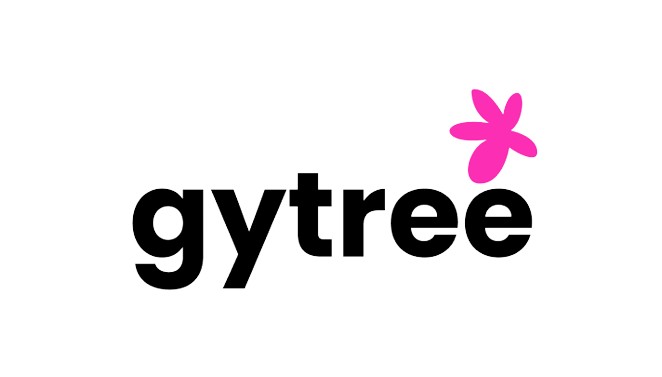When it comes to strength, most people conjure images of heavyweights, dumbbells, and iron bars. But did you know that you can also enhance your strength by augmenting your diet–especially, with increased protein intake–right from a protein packet?
It's not just about sweating in the gym. Sometimes, it’s also about what's in your glass or smoothie bowl.
Naturally, as women advance into midlife, their muscle mass declines–a condition called sarcopenia. This decline can lead to decreased strength and stamina. It's not ideal, especially when there's so much life to live and many things to do. But fortunately, adjusting dietary habits can often swing the pendulum in your favor. And yes, one vital dietary habit to look into is your protein intake.
Increasing protein intake in 30s and 40s
As you journey through midlife, priority should be given to the quality and type of nutrition you intake. One essential nutrient is protein. Now, you may wonder, "Why is protein so crucial during this stage of life?" The answer lies in its role in muscle maintenance and overall physical function. Due to hormonal changes during menopause, women may experience shifts in body composition and a decrease in muscle mass. To mitigate these issues, increasing protein intake can be an effective strategy.
Studies suggest that a diet high in protein associated with increased lean muscle mass, especially for postmenopausal women. This becomes crucial as the age-related decline in muscle mass, known as sarcopenia, spikes during this time. By incorporating more protein in your diet, you can potentially stave off these effects, maintaining strength and vitality in your day-to-day life.
Research shows that older adults might need more protein than their younger counterparts. This is due to the age-related slowing down of the body's protein synthesis. Hence, adjusting and increasing your protein intake in your midlife can help maintain both your muscle mass and physical function.
Protein isn't just for muscle mass, it's like a corrective measure to many of our daily problems. My hairfall reduction was deeply linked to my protein levels. I think all of us need to look at protein as something we need to have daily for good health, not to build muscle or as a supplement for gym - says Madhuri Banerjee, who is a single mom in her 40s based in Navi Mumbai.
Beyond the role of protein in muscle maintenance, it also plays a vital role in weight control. A high protein diet, research has found, improves satiety - that "full" feeling you have after a meal. This can help in reducing body weight and maintaining muscle mass, making it a practical dietary approach for women in midlife.
A 2020 study may also shed more light on this topic. Its findings suggest that a diet high in protein may be instrumental in maintaining muscle strength among postmenopausal women. Therefore, building your meal plans around protein-rich foods can be an effective way to boost your fitness and physical functionality during these transformative years.
As I moved into my 30s, my doctor was conscious enough to straight go into a discussion on my bone strength and health. And so my focus became increasing protein intake. I now take it in either shakes or in terms of a protein bowl, but I don't miss a day - says Namrata Barua who is 39 years now and based in Kohima, Nagaland.
So, as you shuffle into this wonderful stage of life, arm yourself with these simple dietary changes. Remember, your plate matters as much as your exercise routine. And when you add enough protein to it, you're ensuring your body has all the nutrients it needs to stay strong, vibrant, and full of life.






